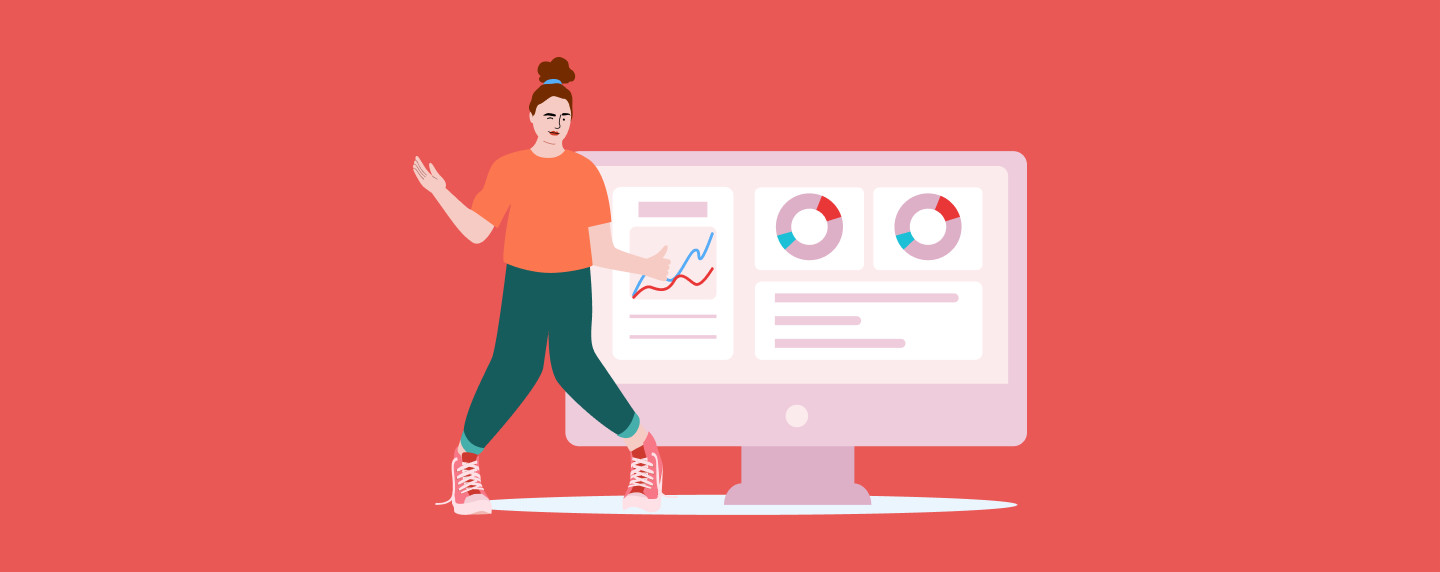SBA Loan Rates - Current Rates For 2024

Share this article:
Editor’s note: Lantern by SoFi seeks to provide content that is objective, independent and accurate. Writers are separate from our business operation and do not receive direct compensation from advertisers or partners. Read more about our Editorial Guidelines and How We Make Money.
Current SBA 7(a) Loan Rates
SBA 7(a) Variable-Rate Loans
SBA 7(a) Fixed-Rate Loans
How Are SBA 7(a) Rates Determined?
What Are SBA Loans?
7(a) Loan Program Standard 7(a) loan SBA Express SBA Veterans Advantage CAPLines Export Working Capital Program Export Express Disaster Loans Microloan Program CDC/504 Real Estate & Equipment Loans Community Advantage Loans
Other SBA Loans to Consider
SBA 504 Loans
SBA Express
SBA Veterans Advantage
SBA Microloans
CAPLines
Export Working Capital Program
Export Express
Community Advantage Loans
SBA Disaster Loans
Calculating the Total Cost of an SBA Loan
Pros and Cons of Using SBA Loans
Competitive interest rates Lower down payment requirements Longer repayment terms Flexible use of funds Guaranteed by the government, making them less risky for lenders
Stringent eligibility criteria Lengthy processing and funding times Personal guarantee and/or collateral may be required Fees can be high
Other Financing Options for Your Small Business
Term Loans
Business Lines of Credit
Equipment Financing
Small Business Grants
The Takeaway
Frequently Asked Questions
LCSB0124003
About the Author
Su Guillory is a freelance business writer and expat coach. She’s written several business books and has been published on sites including Forbes, AllBusiness, and SoFi. She writes about business and personal credit, financial strategies, loans, and credit cards.
Share this article: